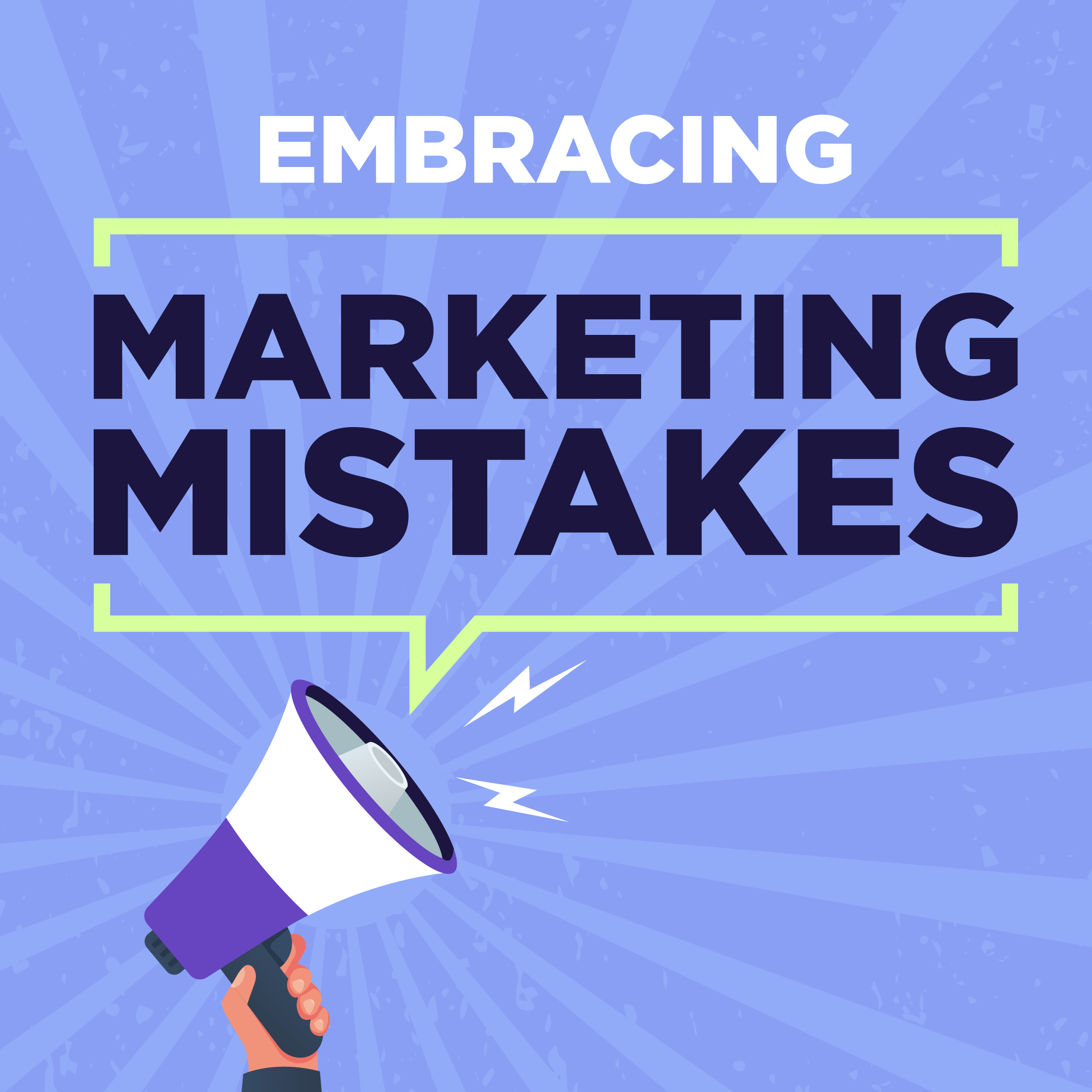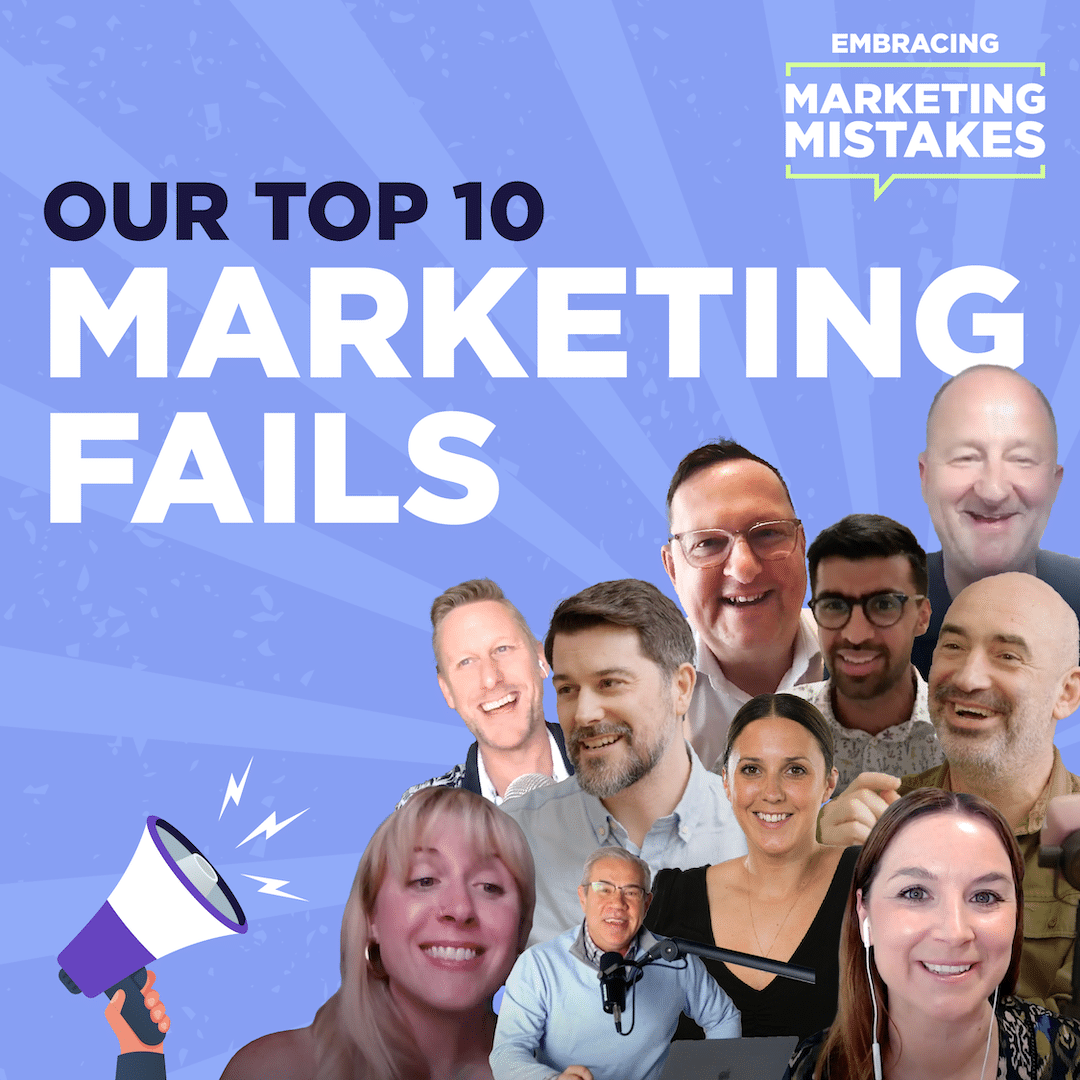
In this week’s podcast, Will and I take a closer look at influencer marketing, the art and science of leveraging popular figures to promote a brand. It has evolved significantly over the years and transformed from celebrities charging for a single tweet to a sophisticated system that drives brand growth exponentially.
Today, influencers play a vital role in the marketing world, bringing about an undeniable magnetism that attracts consumers like never before.
Statistics show a whopping 400% increase in influencer marketing in the UK, demonstrating the power of this evolving strategy. A notable shift is the preference of millennials for influencer recommendations over traditional ads, which is driving brands to reconsider their marketing approaches. Interestingly, it’s not just about large influencers and celebrities; the role of micro-influencers is gaining much more prominence as they offer a more personalized and niche connection with their followers.
Influencer marketing is evolving into influencer relations, reflecting a shift from one-off promotional campaigns to building long-term relationships. This shift brings a new dynamic to marketing, enabling brands to build loyalty and trust with their audience. Marketers are realizing that if they incorporate influencer content into paid social campaigns, they can supercharge their impact and reach.
Exploring the landscape of influencer marketing further, we delve into both B2C and B2B sectors. The approach and strategies for each differ significantly, and understanding these nuances is critical for success. For instance, B2C influencer marketing often involves leveraging influencers’ popularity and reach for brand promotion, while B2B influencer marketing relies on industry experts and thought leaders to build credibility and trust.
Compliance is a crucial aspect of influencer marketing that brands cannot afford to overlook. With regulatory bodies like the Advertising Standards Authority (ASA) setting rules and guidelines, brands, agencies, and influencers must ensure their content is compliant to avoid potential penalties. It’s essential to clearly understand these rules and implement measures to stay compliant.
The key to maximizing influencer marketing performance lies in monitoring and measurement. From requesting access to influencers’ analytics to using UTM tracking and affiliate codes, brands can gain valuable insights into campaign performance. Case studies, like the Stanley Cup campaign, highlight how creative and integrated influencer marketing strategies can deliver impressive results.
Finally, successful influencer marketing campaigns require careful planning and strategic thinking. Brands must define clear goals and objectives, choose the right influencers, ensure a win-win collaboration, and continuously monitor and optimize their performance. Remember, the best results in influencer marketing come from creativity and integration.
To conclude mastering the realm of influencer marketing requires a deep understanding of its nuances, careful strategizing, and continuous learning. With the right approach, brands can harness the power of influencer marketing for exponential growth.
I hope you enjoy our deepdive into it.
Chris Norton is the founder of Prohibition and an award winning communications consultant with more than twenty years’ experience. He was a lecturer at Leeds Beckett University and has had a varied PR career having worked both in-house and in a number of large consultancies. He is an Integrated PR and social media blogger and writes on a wide variety of blogs across a huge amount of topics from digital marketing, social media marketing right through to technology and crisis management.


